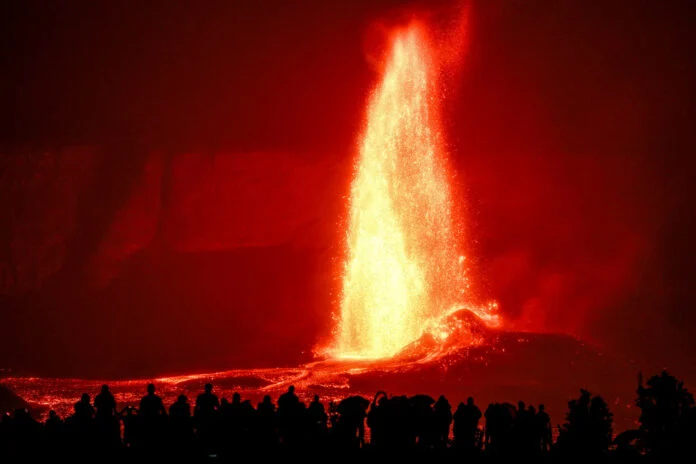Ancient civilizations significantly shaped their environments through practices such as deforestation, irrigation, and agriculture. While these advancements enabled societal growth and technological progress, they also had lasting ecological consequences. Archaeological evidence provides insights into how these early societies interacted with and transformed their natural surroundings.
Deforestation and Its Consequences
Many ancient civilizations relied heavily on wood for construction, fuel, and tool-making, leading to widespread deforestation. The Maya civilization, for example, cleared vast areas of rainforest to build cities and create farmland, contributing to soil erosion and possible climate shifts. Similarly, in the Mediterranean, the Greeks and Romans deforested large tracts of land for shipbuilding and urban expansion, which eventually led to desertification in some regions.
Irrigation and Water Management
Advanced irrigation systems allowed civilizations like those in Mesopotamia and Egypt to sustain large populations and develop agriculture. The Mesopotamians constructed extensive canal networks to control the flow of the Tigris and Euphrates rivers, enabling fertile farmlands but also leading to salinization over time. In Egypt, the annual flooding of the Nile was harnessed for agriculture, but excessive irrigation in later periods contributed to soil depletion.
Agricultural Practices and Land Degradation
Agricultural expansion played a crucial role in the success of ancient societies, yet it also led to significant environmental challenges. The over-cultivation of land, coupled with inadequate soil management, resulted in reduced fertility and crop yields. Archaeological studies suggest that overfarming contributed to the decline of the Sumerians as salinization made their lands increasingly unproductive. In the Andean region, the Inca developed terracing techniques to counteract erosion, showcasing a more sustainable approach to agriculture.
The Legacy of Ancient Environmental Impact
While ancient civilizations made remarkable advancements in engineering and agriculture, their environmental interventions sometimes led to long-term consequences, including resource depletion and ecological decline. The study of these historical interactions serves as a valuable lesson for modern societies in sustainable resource management.
Conclusion
The environmental footprint of ancient civilizations illustrates both the ingenuity and the unintended consequences of human innovation. Understanding how early societies altered their landscapes helps us recognize the importance of balancing development with ecological preservation.







